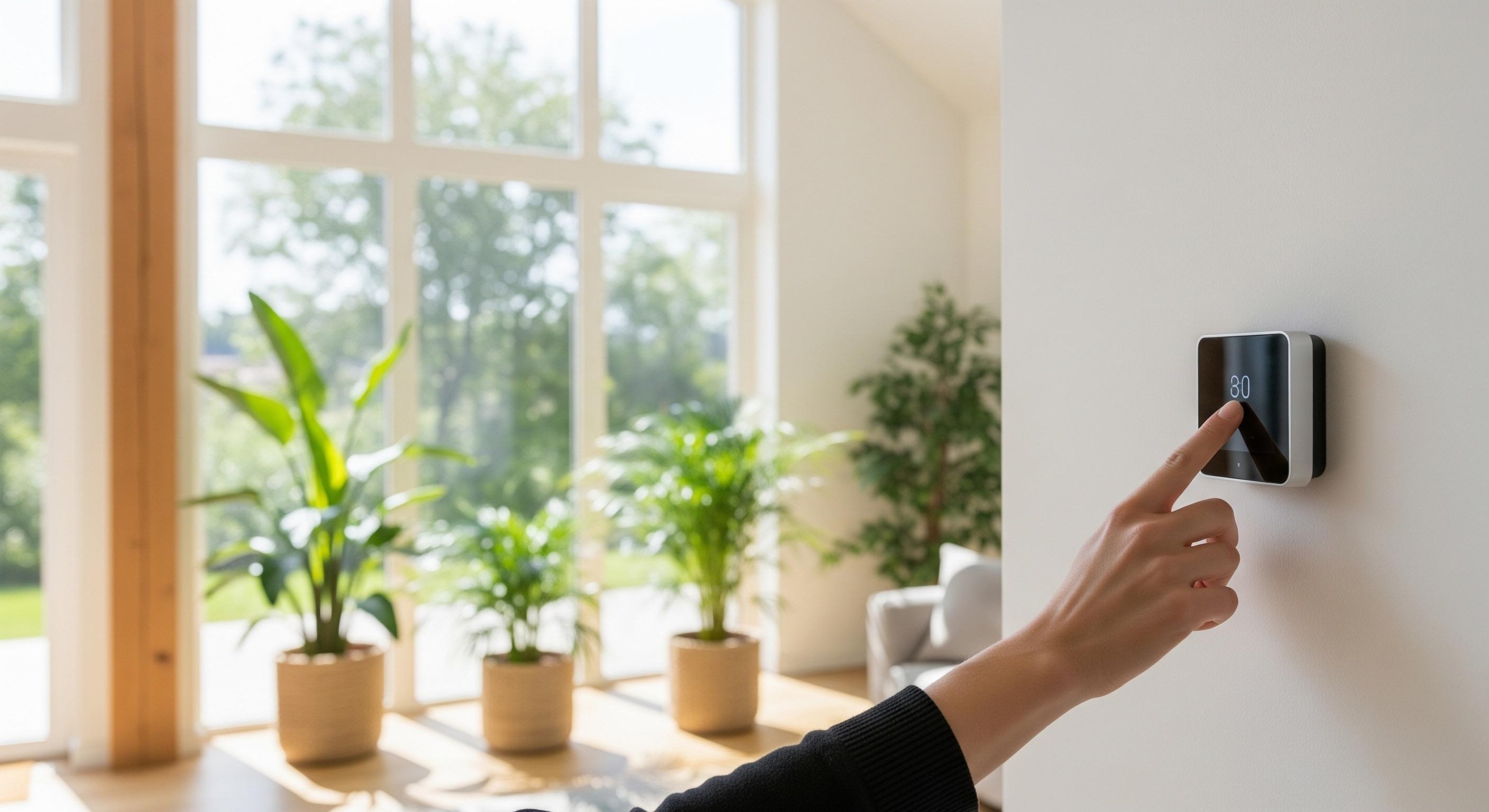The Sustainable Home: Tips for Energy Efficiency and Reducing Monthly Bills
Is it possible to protect our planet and ease the family budget without giving up the comforts of modern life? The answer is a resounding yes! By making our homes more energy-efficient—meaning achieving the same or better results with less energy—we can see a significant reduction in our monthly utility bills. Moreover, these steps are an excellent investment that also increases the value of your property.
Here are practical tips you can start implementing right away to transform your house into a more sustainable and economical home.
1. Thermal Insulation: Stop Your Money from Flying Out the Window
A large portion of the energy in your home is spent on heating in the winter and cooling in the summer. Inadequate insulation means that this energy is needlessly wasted.
- Windows and Doors: Up to 25% of heat loss in your home can occur through old or poorly sealed windows. Check the seals around your windows and doors. Replacing worn-out seals is a simple yet extremely effective method. If your budget allows, consider replacing old windows with modern PVC or aluminum frames with double or triple glazing. This is an investment that pays for itself कई times over in the long run.
- Facade and Roof Insulation: Insulating your home's exterior walls (facade) and roof is the step that provides the greatest energy savings. Especially for those living in the continental regions of Croatia, this can cut heating costs in half during the winter months. Be sure to research energy renovation incentives offered by the state or local government.
- Blinds and Curtains: Keeping your blinds (rolete) closed during the hottest hours of the day in summer prevents your home from overheating and reduces the need for air conditioning. In winter, the opposite is true—open the curtains on sunny days to allow your home to heat up naturally.
2. Smart Heating and Cooling Habits
You can also make a big difference by using your heating and cooling systems more efficiently.
- Thermostat Settings: Lowering the room temperature by just 1°C in winter can reduce your heating costs by up to 6%. Set the thermostat to a lower temperature when you're not home or while you sleep. Smart thermostats can automate this process for you, allowing you to save without sacrificing comfort.
- Radiator Maintenance: Regularly bleed your radiators (odzračivanje radijatora) and avoid blocking them with furniture or curtains. This ensures that heat circulates efficiently throughout the room.
- Air Conditioner Use: When using the air conditioner, make sure the room's doors and windows are closed. High-energy-class units (A++ or A+++) consume significantly less electricity than older models.
3. Take Control of Your Electricity Consumption
From lighting to electronic devices, there are many hidden items that inflate your electricity bill.
- LED Lighting: Replace all the old bulbs in your home with LED bulbs. LEDs use up to 80% less energy than traditional bulbs and have a much longer lifespan.
- Don't Leave Devices on Standby: Devices like televisions, computers, and chargers continue to consume energy even in standby mode. Turn them off completely or unplug them when not in use. Power strips with a switch make this task easier.
- Choosing Appliances: When buying a new refrigerator, washing machine, or dishwasher, always check the energy label (energetska naljepnica). An A-class appliance can save you hundreds of euros over the years compared to a lower-class one.
- Proper Usage Habits: Don't run your washing machine or dishwasher until they are full. Whenever possible, choose the "eco" programs.
4. Water is a Precious Resource
Reducing water consumption positively impacts both your water bill and the energy used to heat it.
- Faucets and Showerheads: By installing aerators on your faucets and replacing your showerhead with a low-flow model, you can significantly reduce your water consumption.
- Fix Leaks: A dripping faucet can waste dozens of liters of water a day. Regularly check all faucets and toilets for leaks and repair them immediately.
- Take Shorter Showers: Shortening your shower time by just a few minutes can save thousands of liters of water per year.
Conclusion: Small Steps, Big Differences
As you can see, major construction projects are not always necessary to make your home more sustainable. You can easily implement many of these tips today. Small changes in your habits, when combined, will create a large and positive impact on both your family budget and our planet. Remember, the cheapest and cleanest energy is the energy that is never consumed.
